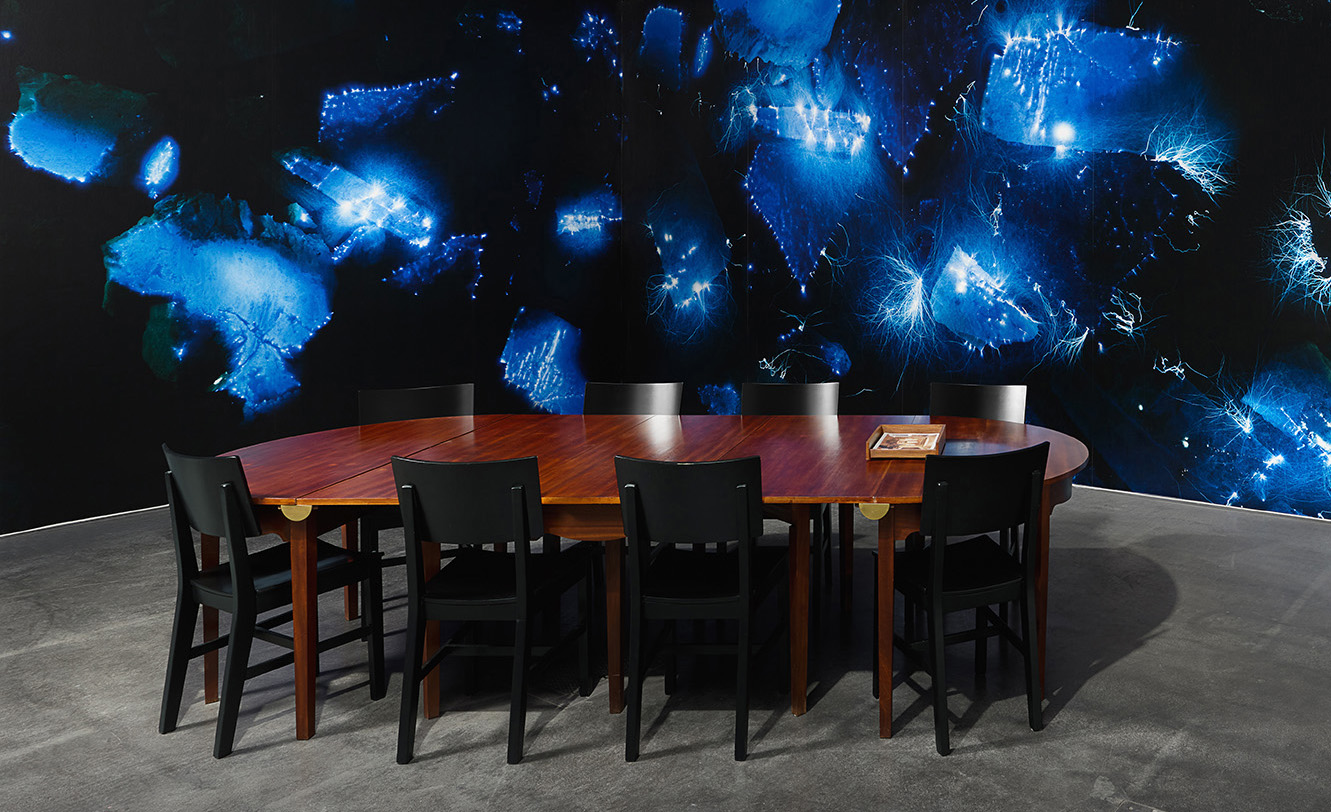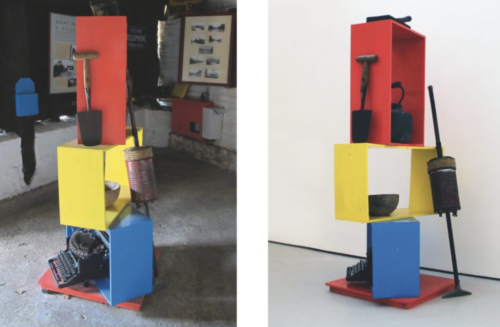Conversation Piece & Installation
2011 - 2024 (ongoing)
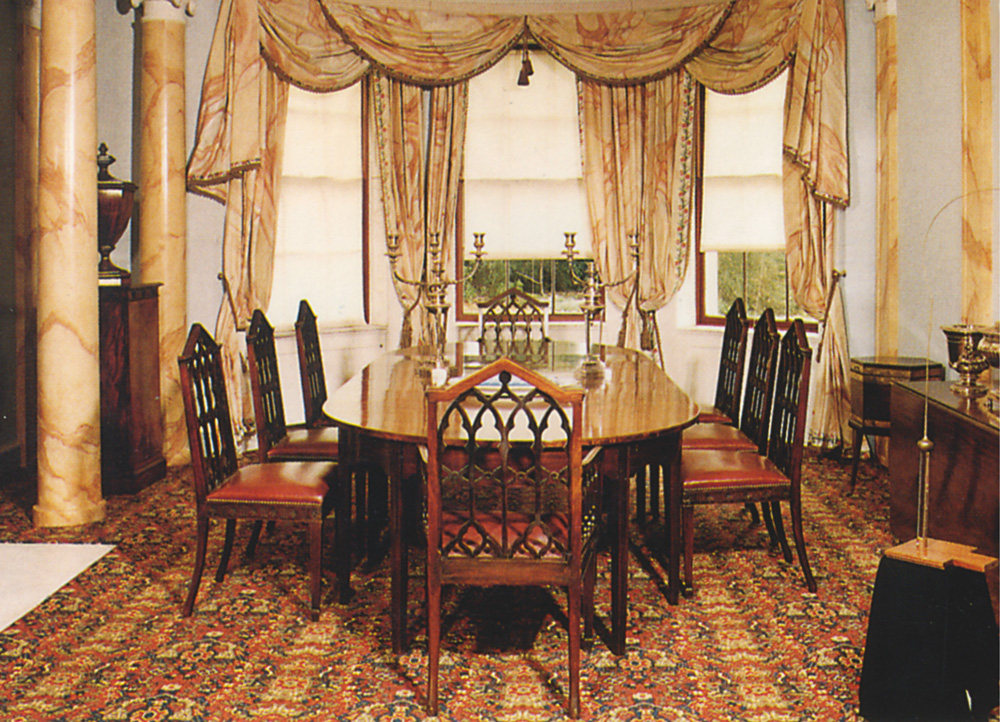
Original Lunar Table, Soho House, Birmingham, UK
LUNÄ is based on the Lunar Society of Birmingham, which was formed from a group of amateur experimenters, tradesmen, and artisans who met and made friends in the Midlands from 1765 till 1813. The original Lunar men (there were hardly any women joining the society) gathered together for lively dinner conversations, the journey back from their Birmingham meeting place lit by the full moon.
Members included the larger-than-life Erasmus Darwin, the entrepreneur Matthew Boulton, the perceptive engineer James Watt, whose inventions harnessed the power of steam, the radical polymath Joseph Priestley, who, among his wide-ranging achievements, discovered oxygen, and the innovative potter and social reformer Josiah Wedgwood. Their debates brought together philosophy, arts, politics, science, and commerce, and as well as debating and discovering, the ‘Lunatics’ also built canals and factories, named plants, gases, and minerals, managed large businesses — and changed the face of England. Many of the members were also influential figures concerning the abolitionist movement, female education, and social rights.
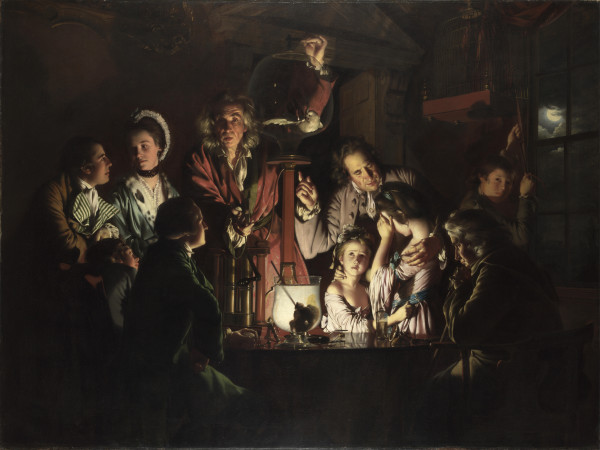
An Experiment on a Bird in the Air Pump, Joseph Wright (with Lunar full moon reference)
Three centuries later, LUNÄ revisits this moment of historical significance. A produced facsimile of the original table where Lunar Men met provides a context to speculate and critically explore topics the original society discussed and explore new ideas within the related fields. Since January 2011, the table has been used in different locations, always around the full moon, for an ongoing series of critical discussions updating topics that occupied the Lunar Men as new scientific and industrial developments, but also art, education, colonial history, and social rights.
LUNÄ collapses the optimistically progressive value systems that were enthusiastically promoted during the Enlightenment into the mass production and globalized retail environment that can be seen as their legacy today. LUNÄ is a replica of the Lunar table located in the Soho House Museum in Birmingham, combined with a set of eight IKEA chairs.
LUNÄ (I) was commissioned by IKON Gallery in Birmingham and Spike Island in Bristol, UK (2011). This edition is activated in Brussels at Enough Room for Space and travels throughout Europe.
LUNÄ (II) was commissioned by the 11th Shanghai Biennale (2016). This edition is part of the Power Station of Art Collection, Shanghai, CN
LUNÄ (III) was commissioned by 601 Artspace in New York, US (2022). This edition will be traveling within the US in the upcoming years.
Initiated and hosted by: Marjolijn Dijkman
Regular co-host since 2017: Maarten Vanden Eynde
LUNÄ has been presented and activated at: IKON Gallery in Birmingham, UK (2011); Spike Island in Bristol, UK (2011); NiMK in Amsterdam, NL (2011-2012); Forum Stadtpark in Graz, AT (2012); Onomatopee in Eindhoven, NL (2012); Fig. 2, ICA (Institute of Contemporary Arts), London, UK (2015); Museum Boerhaave, Leiden, NL (2015); Drents Museum, Assen, NL (2016); ASTRON (Dutch Institute for Radio Astronomy), Dwingeloo, NL (2016); The 11th Shanghai Biennial, Shanghai, CN (2016 – 2017); Performatik17, Performance Art Biennial, Brussels, BE (2017); BOZAR, Brussels, BE (2017); Coltan as Cotton, 9th Contour Biennale, Mechelen, BE (2019); Cargo in Context, Amsterdam, NL (2019); Edith Russ Haus, Oldenburg, DE (2021); 601 Artspace, New York, US (2022); CC Strombeek, Strombeek, BE (2022); La Kunsthalle Mulhouse, Mulhouse, FR (2024)
Contributors for public meetings included so far: Cara New Daggett, Fanny Lopez, Clémence André, Marie Lechner, Jennifer Tucker, André Fenton, Elaine Sulivan, Musasa, Maarten Vanden Eynde, Esther De Haan, Patricia Fara, Dries Bols, Raf Custers, Jeroen Cuvelier, Zheng Li, Sammy Baloji, Femke Herregraven, Georges Senga, Karin Lurvink, Sven Beckert, Wouter Elsen, Eric Vanhaute, Remy Jungerman, Helen Elands, Alioum Moussa, Christine Chivallon, Jean Katambayi Mukendi, Shuddhabrata Sengupta, Li Bin, Juntai Shen, Lu Ding, Sun Zhengfan, Miao Qihao, Jia Qin, Zhu Dayi, Tang Fei, Liao Fei, Benny Shaffer, Tian Liu, Michael Garrett, Taede Smedes, Daniela de Paulis, Roy Smits, Jaap Beuker, Alice Smits, Enno Bregman, Peter Pels, Dirk van Delft, Dorien Zandbergen, George van Hal, Anke Bangma, Jaap van de Herik, Maarten Lamers, Fatos Ustek, Cathy Haynes, Stephen Boyd Davis, Jay Griffiths, Maarten Speekenbrink, Magda Osman, Jamie Ward, Ramon Amaro, Emily Penn, Philip Sheldrake, Mark Fisher, Caroline Edwards, Owen Cotton-Barrat, Murray Shanahan, Rebecca Bligh, Erwin Fiala, Ulrich Hohenester, Mary Margaret Rinebold, Richard Sheldon, Malcolm Dick, James H. Andrew, Deirdre Kelly, Chris Ramsden, Rex Harris, Clive Dutton, Tony Harvey, Ruth Reed, David Tittle, Felicity Allen, Nancy Evans, Colin Gale, Kate Iles, Steve Bell, Tom Freshwater, Paul Wells and many others.
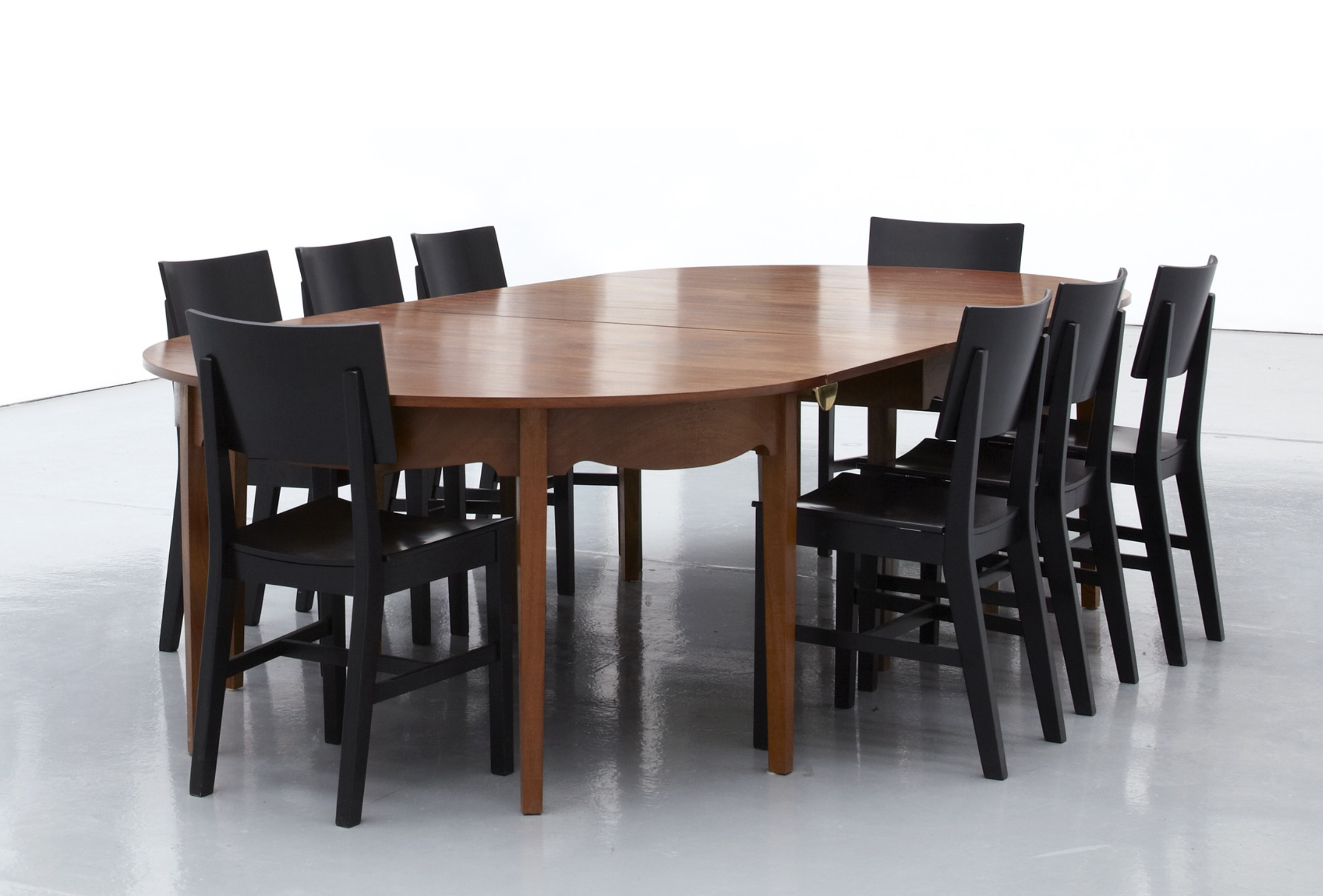
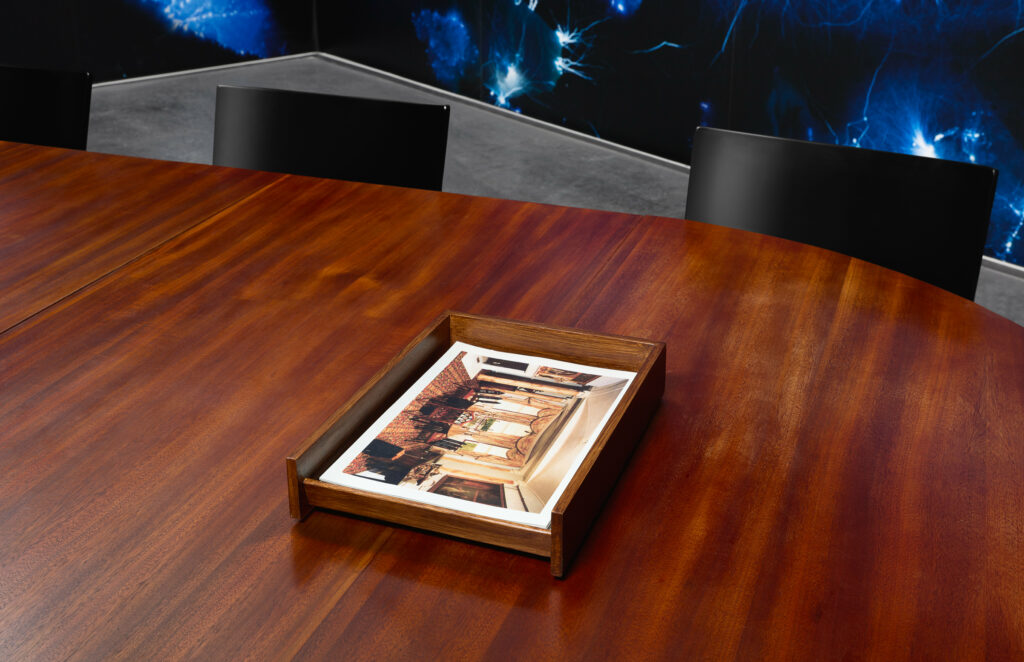
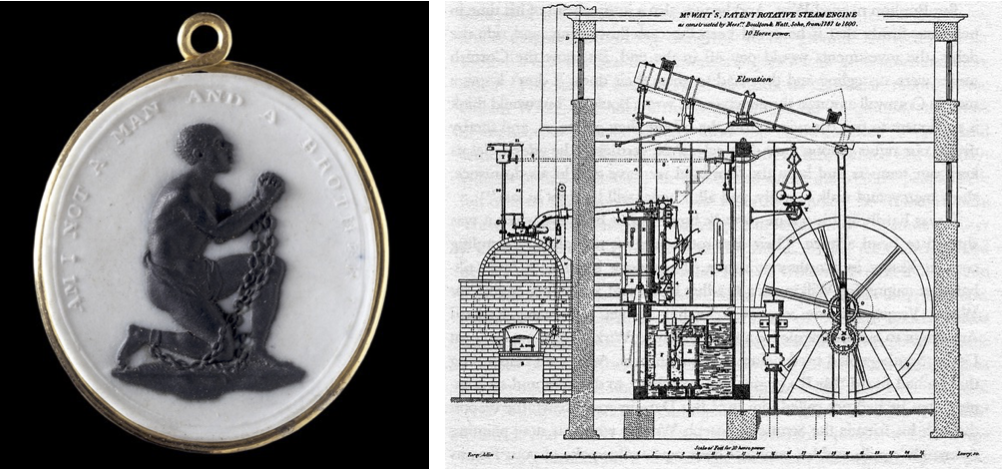


The Lunar Society’s members have been called the fathers of the Industrial Revolution. The importance of this particular Society stems from its pioneering work in experimental chemistry, physics, engineering, and medicine, combined with leadership in manufacturing and commerce, and with political and social ideals. Its members were brilliant representatives of the informal scientific web which cut across class, blending the inherited skills of craftsmen with the theoretical advances of scholars, a key factor in Britain’s leap ahead of the rest of Europe. – Jenny Uglow (The Lunar Men – the friends who made the future)
